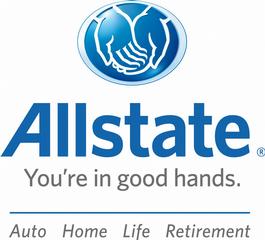We have our share of struggles with Allstate in traffic collision, and other personal injury cases. Allstate can be a difficult company to deal with when they are  defending either first or third-party injury claims. But this insurer just won a big fight – a critical fight for them – in front of the Maryland Court of Appeals. And I’m glad they won.
defending either first or third-party injury claims. But this insurer just won a big fight – a critical fight for them – in front of the Maryland Court of Appeals. And I’m glad they won.
Allstate stopped writing home insurance policies in Southern Maryland, the Lower Eastern Shore, and some properties on or near the waterfront in Anne Arundel County. Why? It thinks the spate of hurricanes that have pounded the eastern seaboard in recent years may not be anomalous. Instead, they result from increases of tropical sea surface temperatures (or whatever else it might be). The company does not care why. What it knows is that it no longer wants to bear the risk of catastrophic financial losses if a hurricane hits these at-risk areas.
The Court of Appeals agreed that the insurer had a reasonable basis. Judge Harrell, in his dissent, says that Allstate has decided not to write new homeowner’s insurance policies in these areas because of an unsubstantiated fear of a hypothetical force of nature, a Category 2 or greater hurricane making landfall in Maryland. I agree. But is he sure? Couldn’t reasonable minds differ on this? Does anyone really have a handle on the degree that global warming will impact the future? I think the answer is that no one really has a clue and, it should be given the discretion to decide for itself. I also think the applicable laws – § 19-107 and § 27-501 of the Maryland Insurance Article – give them that ability.
[Let’s all now resume hating this company. Because no one is in good hands with them.] Continue reading Maryland Injury Law Center
Maryland Injury Law Center






 Maryland drivers are ranked just behind Washington, D.C. as the dumbest drivers in the country, ranking 49th in driver knowledge a new GMAC Insurance study. Last year, Maryland ranked 20th.
Maryland drivers are ranked just behind Washington, D.C. as the dumbest drivers in the country, ranking 49th in driver knowledge a new GMAC Insurance study. Last year, Maryland ranked 20th.
